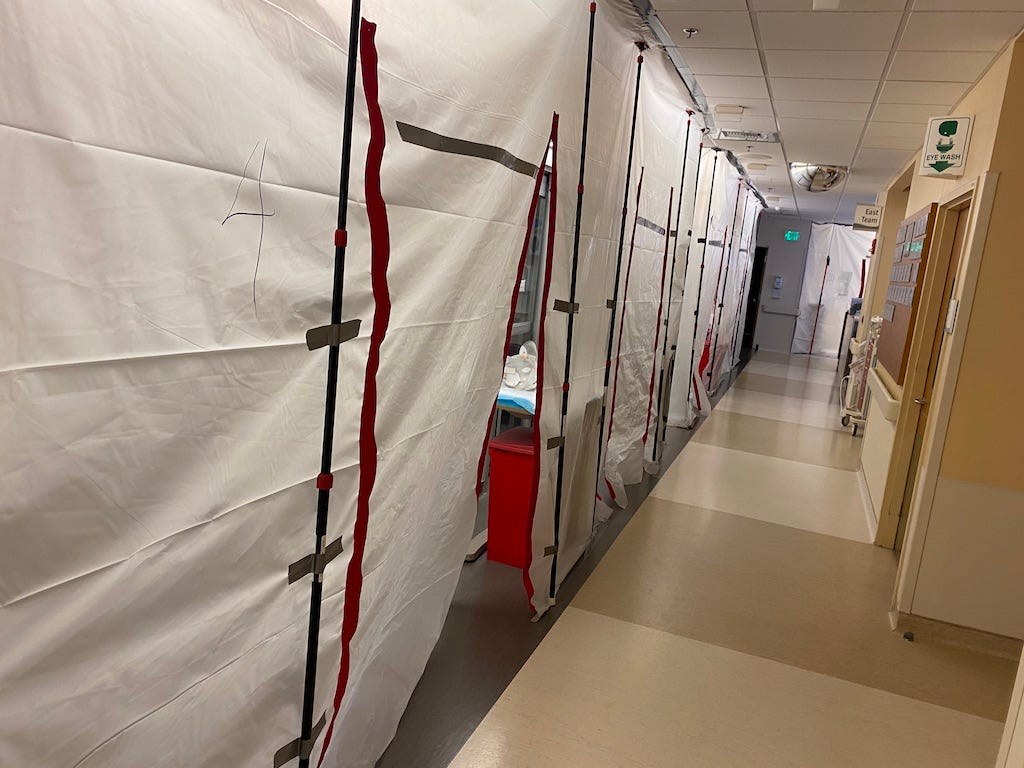Agree, We are also a much more litigious society which makes physicians hedge on the side of caution sometimes. If a patient feels they should have been admitted despite your best efforts to explain why they don’t and then they end up admitted later because their condition changed, depending on the patient a lawsuit may be incoming. The vast majority of patients are easygoing but there are bad apples in every bunch. That being said, insurance or Medicaid or Medicare can deny payment for an admission if they do not feel it was warranted and could be managed as an outpatient.
Also hospitals do not “accept”’patients. They do not make the final say on admission. Physicians make that call. The only time a hospital “accepts” a patient is during a transfer, and ultimately the attending physician is the one that accepts the transfer. The hospital does not have a say in the matter 99 percent of the time.
That being said, the system is designed to discourage admissions. While there is good money in inpatient admissions, the vast majority of money in medicine is in procedures and surgeries. A standard floor admission often times can lose money for a hospital. If you barely go over what the govt seems what should be the average length of stay you lose money. Many admissions end up being a loss for the hospital. Thats why so many hospitals are losing money these days.
This is encouraging, unfortunately the death rate has been rising in Wuhan sine Feb 29 as they get to the end of their outbreak. If you have been paying attention to their recent cases, as the disease tails off, the sickest patients who have been admitted for weeks, are finally dying and they have been having very few new cases. Most days the stats have been something like “23 new deaths, only 29 new cases.” Very promising that the death rate is lower than expected. I suspect it will be closer to South Korea in the end which was testing practically anyone, finding many asymptomatic cases.




